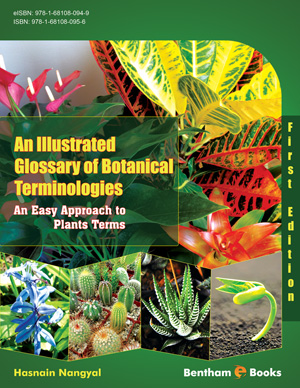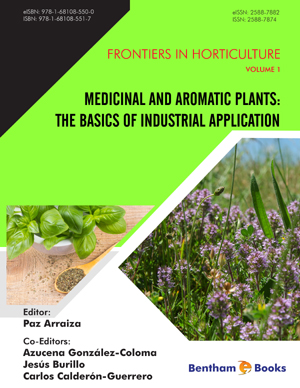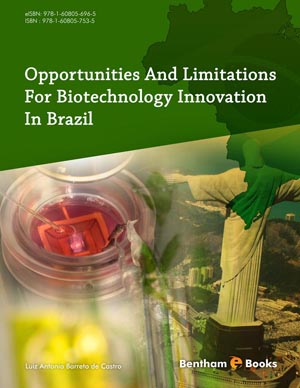Abstract
Plants are masters of epigenetic regulation. All of the major epigenetic mechanisms known to occur in eukaryotes are used by plants, with the responsible pathways elaborated to a degree that is unsurpassed in other taxa. DNA methylation occurs in plant genomes, in patterns that reflect a balance between enzyme activities that install, maintain, or remove methylation. Histone-modifying enzymes influence epigenetic states in plants and these enzymes are encoded by comparatively large gene families, allowing for diversified as well as overlapping functions. RNA-mediated gene silencing is accomplished using multiple distinct pathways to combat viruses, orchestrate development, and help organize the genome. The interplay between DNA methylation, histone modification, and noncoding RNAs provides plants with a multilayered and robust epigenetic circuitry that has a tangible impact on the control of plant genes conferring resistance to different biotic and abiotic stresses, either directly or indirectly. Eventually, plants with the most suitable epigenome may be subject to selection.
Keywords: Epigenetic control, Epigenetic modifications, Epigenome, MicroRNAs (miRNAs), Non coding small (sRNA), Plant DNA methylation changes, Transgenerational epigenetically acquired resistance, Transposable elements (TEs).












